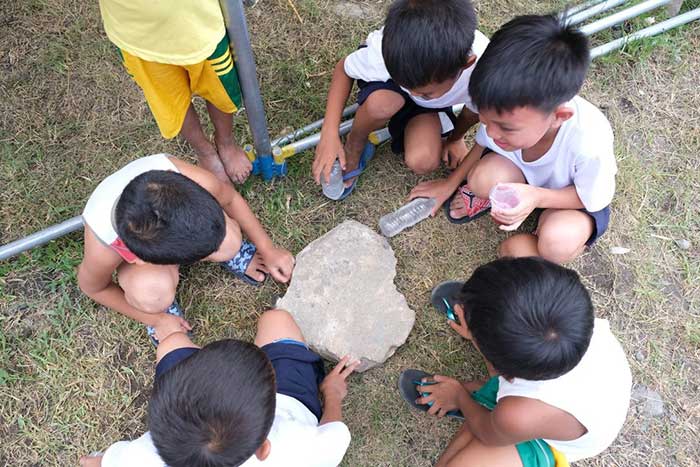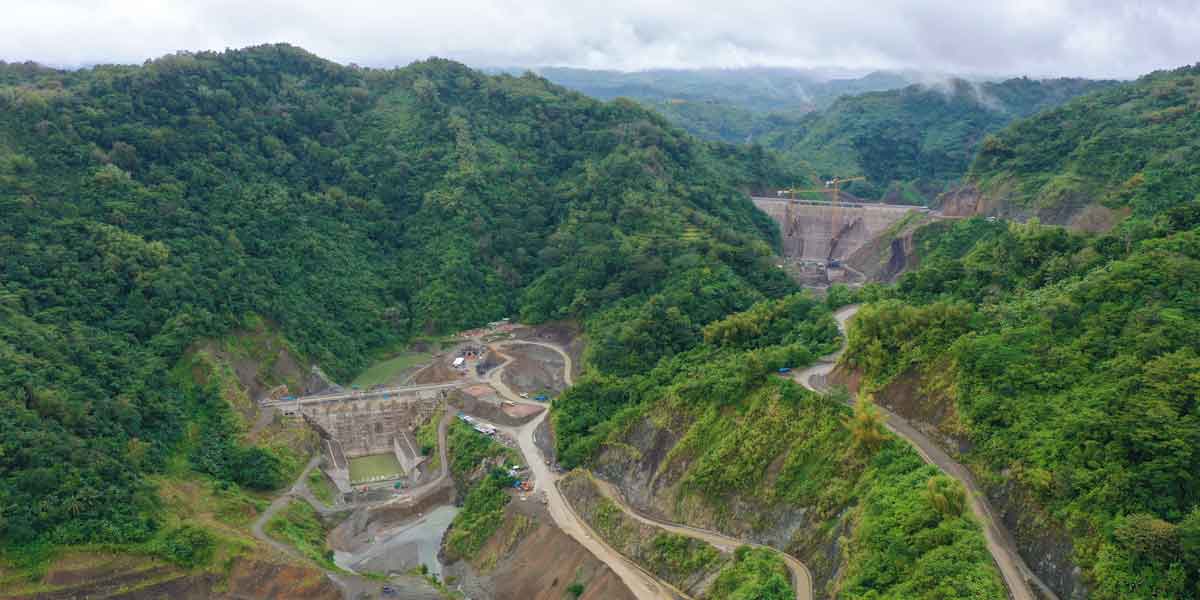
By Francis Allan L. Angelo
Children born today are poised to endure nearly five times as many severe heatwaves compared to their grandparents, a harrowing insight presented by Save the Children Philippines.
The organization’s research predicts children will face 2.3 times more river floods, 1.2 times more droughts, and 1.5 times more crop losses than those born sixty years ago.
The outlook is similarly bleak for South Asia, where children will live through 3.6 times as many crop failures as their grandparents.
The data is part of the organization’s new report “Born Into The Climate Crisis – Why we must act now to secure children’s rights”, which outlines the devastating impact of the climate crisis on children if urgent action is not taken.
Under current pledges, children born in 2020 will face 7% more wildfires, 26% more crop failures, 31% more droughts, 30% more river floods, and 65% more heatwaves than if global warming were stopped at 1.5°C.
Save the Children emphasized that there is still time to turn this bleak future around. If the rise is kept to a maximum of 1.5 degrees, the intergenerational burden on newborns is cut by 45% for heatwaves; by 39% for droughts; by 38% for river floods; by 28% for crop failures, and by 10% for wildfires.
Rex Abrigo, the Environmental Health Advisor for Save the Children Philippines, urgently said “The effects of climate change exacerbate existing disparities and disproportionately harm underprivileged populations.”
Save the Children Philippines calls for the passing of the Climate Accountability (Clima) Bill and the implementation of child-friendly policies and services. The bill aims to hold those responsible for environmental degradation accountable and to address the impacts of climate change.
Winnie, 16, of Iloilo City said, “We’re seeing hotter days and even floods. We can’t just ignore it—it’s our future at stake.”
“The intense heat makes it impossible to study or even stay in our classrooms for long. We need solutions now,” a high school student from Pavia, Iloilo added.
Carla, a 15-year-old from Navotas City, voices the challenges she faces daily due to rising temperatures, underscoring the need for accountability from major contributors to climate change.
Amidst record-breaking heatwaves, which led to the suspension of classes across 4,000 schools in the Philippines, the urgency for solutions grows.
Filipino students experience disruption in education and heat-related health issues, signaling an immediate need for infrastructural and policy change.
In response to recent severe heatwaves in the Philippines, Save the Children stressed the need for child-friendly policies and services.
The extreme heat, with indices reaching a hazardous 42 to 45 degrees Celsius, not only disrupts education but also poses significant health risks, affecting children’s concentration and causing illnesses.
Filipino students bear the brunt of the scorching heatwaves. Their classrooms are not heatwave-proof, and their class schedules have been altered, disrupting their studies for the entire year.
Heatwaves also have an impact on children’s physical and mental health, impairing their ability to concentrate or focus in school. Others caught coughs and colds and may not be able to rehydrate as regularly as they would want due to limited school baon or allowance.
Globally, climate change continues to escalate temperatures, causing frequent and intense heatwaves, and threatening the well-being of one-third of the world’s children or 774 million. These challenges are compounded by poverty and highlight the urgency for a collaborative approach to address this crisis.
Save the Children’s youth campaigners also participated in Earth Hour 2024 to raise awareness and support for children’s rights in the face of environmental challenges.
The report from Save the Children Philippines emphasizes the need for immediate and effective action to mitigate the impacts of climate change and protect the future generations from its escalating threats.




















